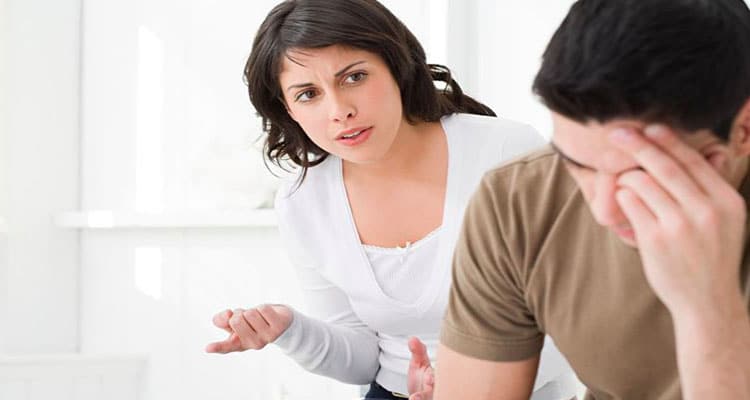His disdain for my parents has brought me to the brink of divorce
Today I am on the verge of divorce. I find it hard to believe that in this century, a woman still has to fight for such basic issues. I am applying for a divorce because my husband is not allowing me to take care of my ageing father. The reason: I am a daughter, after marriage, I am “paraya dhan”. My stomach hurts every time I hear that from my in-laws and husband. I lost my mom a few years ago. My father has been living alone since then in my hometown. I was married about 8 years ago. I have two brothers, but they are not in a position to take care of my father. That said, if I want to take of my father, I should be able to. I don’t think anyone deserves to question my need to attend to my father, right?
It is his duty to take care of his parents
Tomorrow, if my in-laws need my husband’s support, am I allowed to question his need to take care of his parents? He, too, has brothers! No. Because he is a son, it is his responsibility. The law is clear in the whole equation: ageing parents are a responsibility of children, whether it is a son or a daughter. If that is the case, why am I being subjected to torturous questions like “It is not like nobody has lost their wives?” “Why is it so much of an issue to manage your father?” “Why can’t your brothers take care of him?” “When you are married to my son, this is your house, we are your family and not them?” It is then my mind screamed with questions. Related reading: My mother keeps complaining about her daughter-in-law for no good reason
So why can’t I look after my parents?
“Why is my love for father a crime, but my husband’s affection for his parents a duty?” “Is it taken for granted that my loyalty and bond must be cut off from my own blood?” “Why do you assume that by marriage, I am bound to serve my in-laws, while they can crib about how bad I am at that thing too?” “So, this is punishment for having one different chromosome? And my parents’ fault for giving birth to a life that has the other chromosome?” Every now and then I hear stories and read about families where the son and daughter-in-law are being cruel to the son’s parents. It makes me wonder why do such things happen in our society? Could it be because the daughter-in-law was not allowed to take care of parents? How can a family expect any kind of genuine love from a girl who was not allowed take care of her own parents? Could this be the root for all the problems of patriarchy we are facing today? I managed to live in a loveless marriage for over eight years. I often heard my mother-in-law telling my husband how “generous” he has been in marrying a dark-skinned woman. I’ve done my best to keep everyone happy in my marital home, despite the fact that I was feeling left out and not appreciated. It did not matter to me until my husband put the final nail in the coffin of our marriage: stopping me from tending to my father. Related reading: 5 ways to deal with your husband’s parents
I doubt his ability to care for anyone
I not only found this insulting; he also lost my respect the day he did that. I wonder if he will genuinely take good care of his own parents? He doesn’t even call his parents regularly, doesn’t find it necessary to go and meet them regularly. If it comes to a day when his parents are bedridden, how will he be able to handle them? But he has a duty-bound caretaker and nurse in me. It is not even his problem, right? Once I started discussing this issue with my friends and colleagues, I realised I am not alone. Women have been suffering this for years. But that said, we are suffering silently. Why do we adhere to these rules that make no sense now? In a world that had joint families that depended on agriculture maybe it was essential to keep families and property together, though I doubt that was the only reason. Why don’t we question this second-class citizenship? Why didn’t I, before this breaking point? It is important for us women to speak up, assert ourselves, be heard and take actions. The minute we start doing it, the more we become a tribe of our own, then, maybe, we can make a better world for our children and ourselves.

